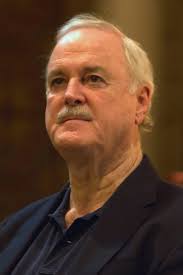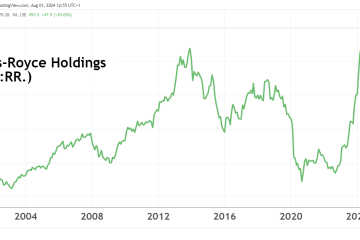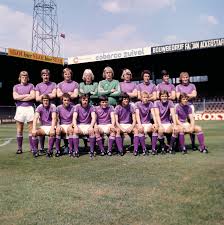The Life and Legacy of John Cleese

Introduction
John Cleese is an iconic figure in British comedy, known for his unique brand of humour and contributions to television and film. His career spans over five decades, firmly establishing his status as one of the most influential comedians of modern times. As the world faces an ever-evolving entertainment landscape, Cleese’s work remains relevant, reflecting the importance of satire and comedy in addressing contemporary issues.
Career Beginnings
Born on October 27, 1939, in Weston-super-Mare, England, John Cleese attended the University of Cambridge, where he initially studied law. It was during this time that he honed his comedic skills through various student productions. Cleese gained initial fame as a writer and performer with the BBC sketch show, ‘Monty Python’s Flying Circus,’ which premiered in 1969. His unique style—characterised by absurdism and social satire—captivated audiences and has since become a hallmark of British comedy.
Monty Python and Beyond
The ensemble group Monty Python revolutionised television comedy, creating classic sketches and films such as ‘Monty Python and the Holy Grail’ and ‘Life of Brian.’ Cleese’s characters, such as the infamous ‘Minister of Silly Walks’ and the exuberant ‘German’ in ‘The Meaning of Life,’ left a lasting impression on fans worldwide. In the 1980s, Cleese expanded his career with the hit sitcom ‘Fawlty Towers,’ where he portrayed the rude hotel owner Basil Fawlty. This influential role solidified his reputation and is still celebrated as one of the greatest TV comedies in history.
Later Endeavours and Influence
Throughout the 1990s and 2000s, John Cleese continued to diversify his roles, appearing in various films such as ‘A Fish Called Wanda’ and lending his voice to animated features like ‘Shrek.’ In addition to acting, Cleese has authored several books and has been actively involved in public speaking, discussing the significance of creativity and humour in modern society. Recently, he has been vocal about contemporary issues, using his platform to comment on free speech and political correctness, which has sparked considerable discussion among audiences.
Conclusion
John Cleese remains a towering figure in the world of comedy, with an impressive legacy that continues to inspire current and future generations of comedians. As the landscape of humour shifts, Cleese’s wit and wisdom remind us of the transformative power of laughter. Looking ahead, his ongoing contributions to the arts and continued commentary on pressing societal matters will undoubtedly keep him a relevant and significant figure in entertainment for years to come.









